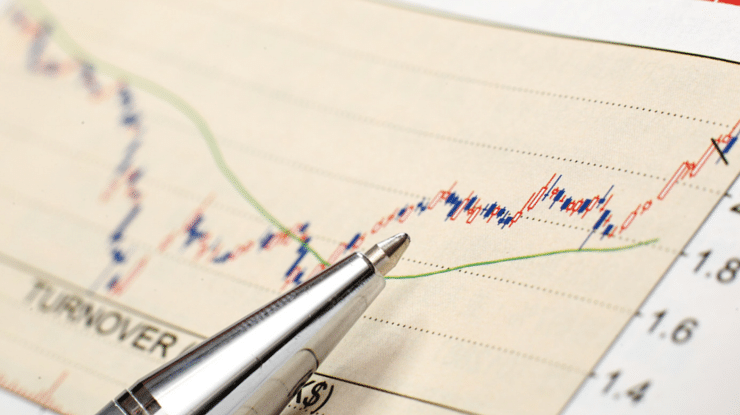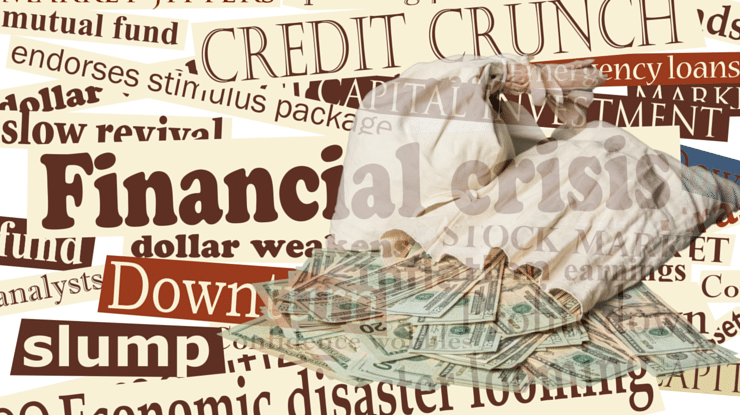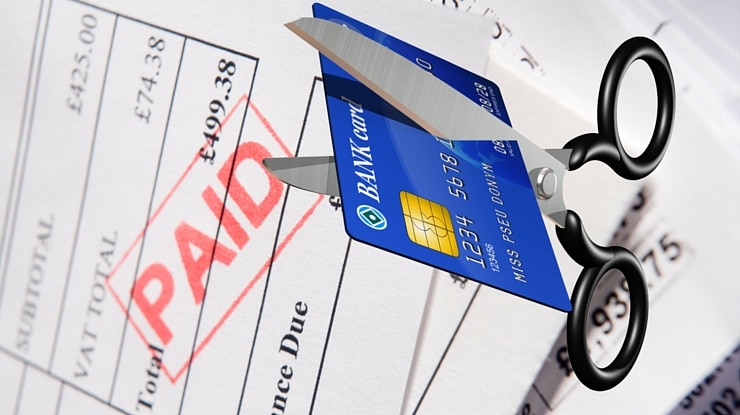I’ll never forget the day I asked my mother: “Do you know what Dad has planned for you when he dies?” My father was seriously ill. I worried about mom. And I was terrified to ask her that question.
When I finally screwed up the courage, she quickly deferred. “Oh yes,” she replied. But when I pressed her for details, she couldn’t deliver any.
She also made it abundantly clear: this was not a conversation she wanted to have. I made it even clearer: avoidance was not an option. Here’s what we did:
1. We had “The Talk.” I had Mom sit down with Dad and we looked at all their financial documents: bank statements, investments, estate planning, etc. This was not, by any means, an easy conversation. Nerves were frayed. Mom glazed over. Dad lost patience. I kept scratching my wrist (a nervous habit) until it bled. But by the end, Mom knew where every penny was and what arrangements he had (and hadn’t) made.
2. We assembled “ The Team.” My Dad was very much a do-it-yourselfer. Mom needed a team of professionals. First on our list was an estate lawyer. Mom, my sisters and I met with him first, brought in my father, and together my parents created a very good, tax efficient estate plan. We helped her find an investment advisor and a CPA . She meets with her “team” on a regular basis to this day.
3. We updated documents. We made sure the Will, Power of Attorney, EVERYTHING reflected their latest info and current wishes.
4. We had annual family meetings. These gatherings, though often emotional, put everyone on the same page while Dad was still alive. The meetings included my sisters, spouses, and all the grandchildren (we eventually had great-grandkids crawling around too). My Dad let everyone know what his wishes were, especially for philanthropy, and enrolled the whole family to the board of his foundation.
By the time my father died, all my mother had to do was grieve. Every detail was in order. There were no surprises. Practically speaking, his passing was seamless.
Emotionally, it was devastating. But being financially prepared mitigated the hassles and made the experience…well…easier.
If you enjoyed these “Words of Wealth”, head over to my website and sign-up for my FREE weekly newsletter at: www.barbarastanny.com











